What is Follicular Lymphoma?
Follicular lymphoma is a cancer that affects lymphocytes, which are white blood cells. They aid in the battle against infection.
Lymphomas are classified as either Hodgkin’s or non- Hodgkin’s, depending on which type of white blood cell they impact. Non-Hodgkin’s includes follicular lymphoma.
Follicular lymphoma causes ill blood cells to spread throughout your body, including your organs, bone marrow, and lymph nodes. In some areas, blood cells can become cancerous.
Although follicular lymphoma is rarely curable, it is possible to live a long and healthy life with it. This cancer is slow to spread. You might not require therapy for many years, if at all.
What Causes Follicular Lymphoma?

Follicular lymphomas have no known cause. They are not handed down in families, unlike certain cancers. Radiation, cancer-causing substances, or certain illnesses may be the culprit in some situations. Other times, though, there is no clear cause.
As you become older, you’re more prone to get follicular lymphoma. When people are diagnosed, they are on average 60 years old.
What Are the Symptoms of Follicular Lymphoma?
Follicular lymphoma can be present with no underlying symptoms. This can make diagnosis very tricky if you aren’t regularly screened for cancer.
If symptoms are present, they might include:
Lymph nodes in your neck, groin, stomach, or armpits expand without pain.
- Breathing problems
- Exhaustion
- Night sweats
- Loss of weight
Diagnosis For Follicular Lymphoma
First, your doctor will do a physical exam with questions like:
- Have you noticed a bump in your neck, groin, stomach, or armpits recently? Was it excruciating? Did it leave and then return?
- Have you ever been told you have cancer? What was done about it?
- Have you been working with any cancer-causing chemicals?
- Do you suffer from HIV, rheumatoid arthritis, lupus, or celiac disease?
- Have you ever had a transplant?

If your lymph nodes are swollen, it does not always imply you have cancer. Infections or other issues are the most common causes of swollen lymph nodes.
If you have one, your doctor may prescribe an antibiotic to see if it shrinks over time. Your doctor will do a biopsy if you have other lymphoma symptoms, if the lymph node is particularly big, or if it does not shrink with antibiotics.
They will either remove the entire lymph node or a portion of it to do this. They may use a very fine needle to remove a small amount of lymph node tissue through your skin if a node is difficult to reach. A fine-needle aspiration biopsy is what doctors term it. This is normally an “outpatient” operation, meaning you won’t have to stay in the hospital overnight. Your doctor may choose to numb the skin first, but this is not always necessary.
Experts will examine the biopsy tissue under a microscope. If it comes back positive for follicular lymphoma, your doctor will order more testing. Tests such as blood tests and:
- Bone marrow test: Your doctor will extract bone marrow samples from the rear of your hip bone. You lie down on a table for this examination and are given an injection to numb the region. Your doctor will then withdraw a little quantity of liquid bone marrow with a needle. To discover if the disease has spread, your doctor will examine the sample under a microscope and look for sick cells.
- CT Scan: A CT scan is an X-ray that produces precise images of the inside of your body.
- PET scan: This generates 3-D pictures by collecting where your cells are most active using a radioactive substance. Your doctor will use the data to determine which regions of your body are affected and the stage of lymphoma. You and your doctor can determine whether or not you require therapy based on this information. You might wish to get a second opinion before proceeding.
- Biopsy: A biopsy confirms the diagnosis of follicular lymphoma by removing all or part of an enlarged lymph node and examining its cells under a microscope.
Sources:



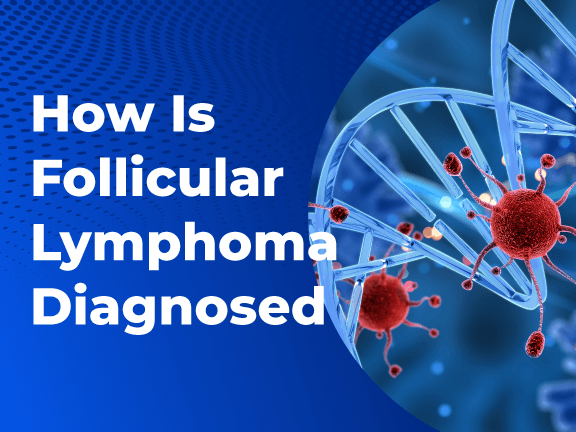
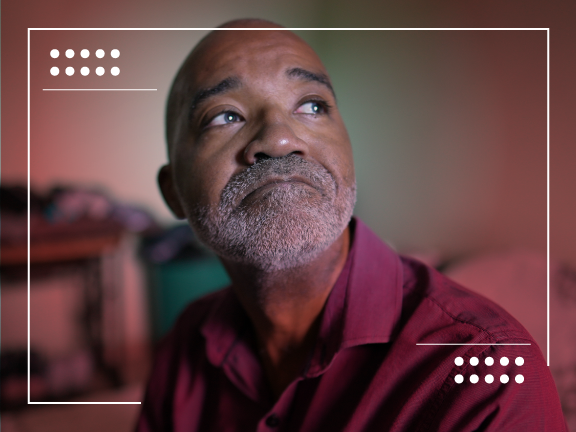
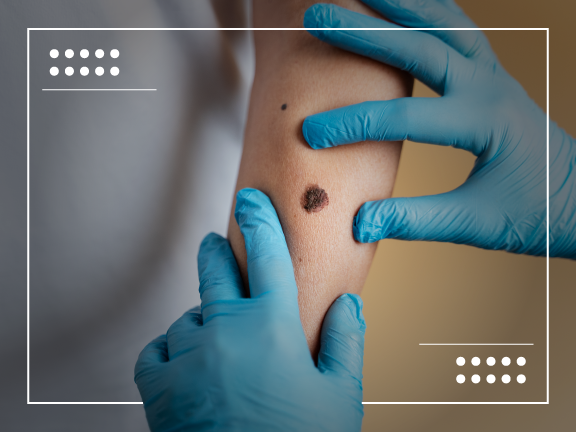




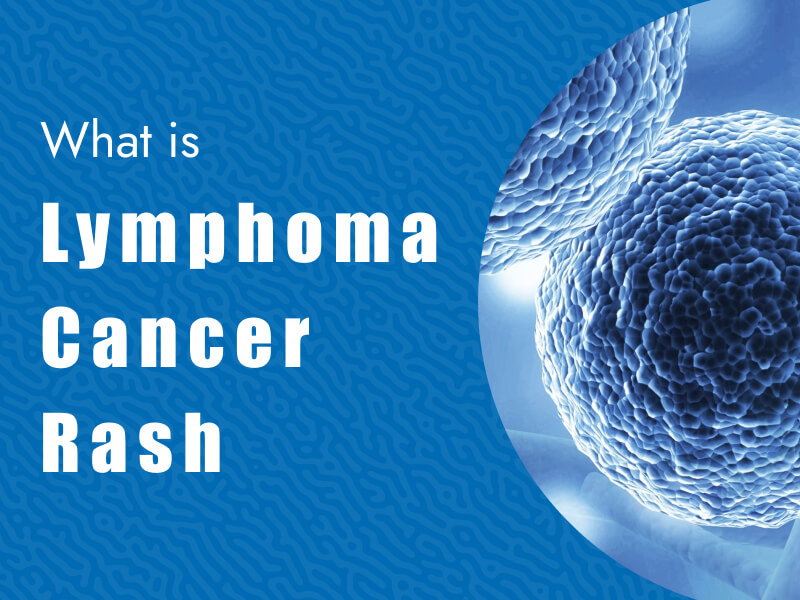

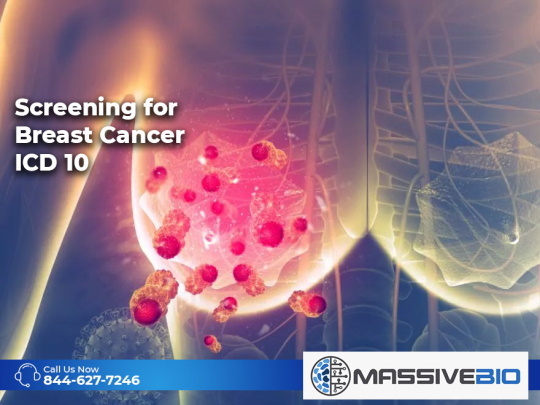
1 Comment
I thank you for information my husband was recently diagnosed with that he’s in is lost chemotherapy and been responding very well hopefully he will be ok